At present I have two WPF listboxes imitating the following functionality

(source: psu.edu)
I am using 2 ObservableCollections to allow users to select whatever items they require (flexibility is the key here). The main issue is that I have thousands of items that are grouped in both listboxes. All in all the design works really well (with a few dozen items), but my stumbling block is when a user copies all the available items from the left to the right as the screen freezes (time to run on a different thread?).
Looking at ObservableCollection it lacks an AddRange method and there are various implementations available on the internet. I also know the CollectionChanged event is needlessly being fired as each item is copied over draining performance horribly.
It may well be that I have to allow users to choose from groups of over 10 000 items in the future, which sounds like a bad idea, but is non-negotiable as the grouping on the listbox (CollectionViewSource) works really well, but has the side effect of switching off the Virtualising of both the listboxes
What can I do to improve the performance when loading a listbox with thousands of items when databound to an ObservableCollection? Are there any AddRange type implementations that you would recommend? Is the only choice I have here to run this on a background thread which seems expensive because I am not loading data from a database?